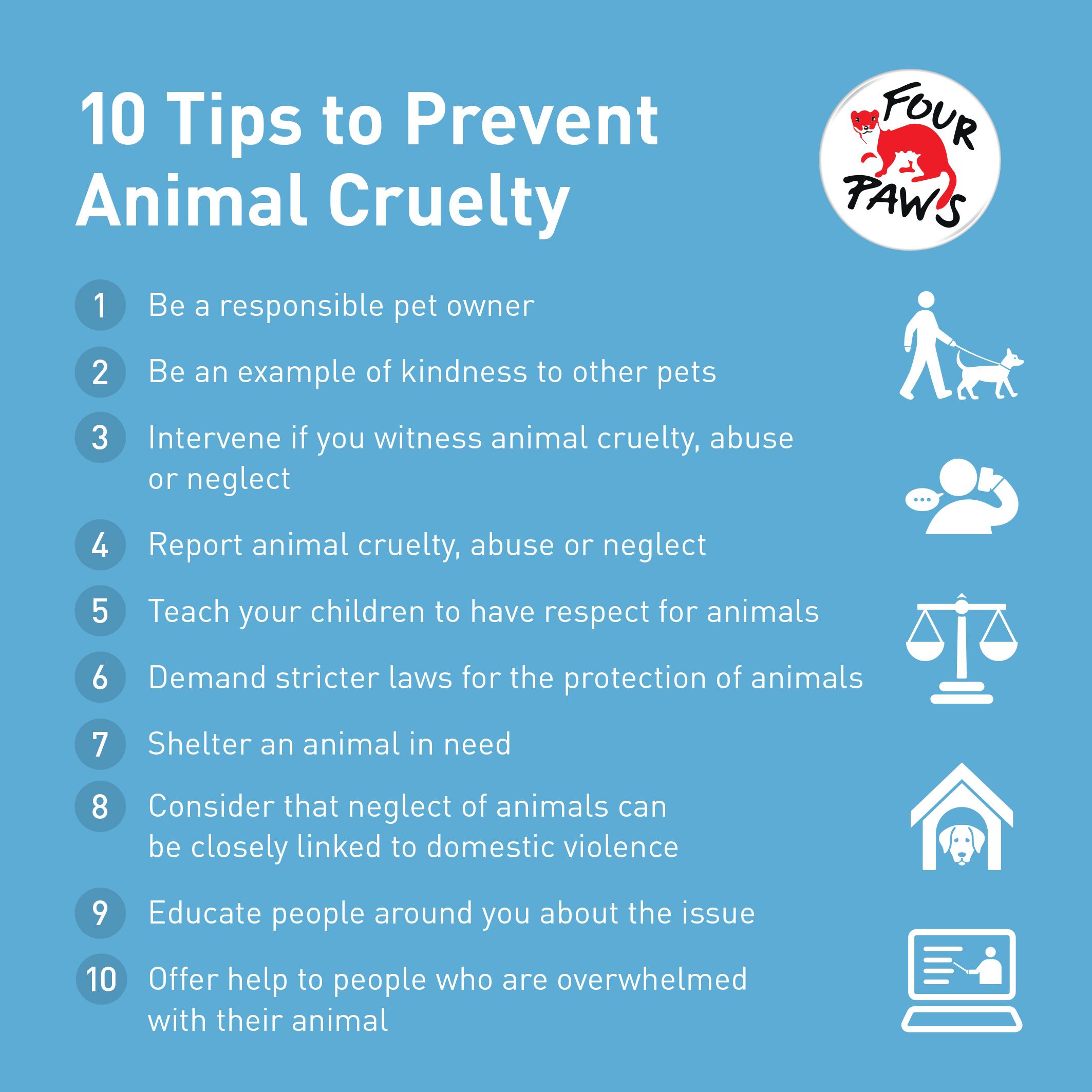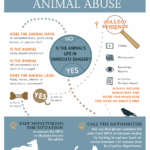As we sit down to enjoy our favorite movies or shows, have you ever paused to ponder the treatment of the animals involved in the production? The glamorous world of entertainment often comes at a cost, particularly for our non-human companions. This raises a poignant question: What can you do to stop animal cruelty in entertainment and movies? The challenge lies in transforming your awareness into action. Let us explore the myriad of avenues available to make a tangible impact.
First, it is essential to cultivate awareness of how animals are used in the entertainment industry. From majestic horses galloping through scenic landscapes to exotic wildlife performing in shows, animals have long been a staple of cinematic storytelling. However, their stories are often overshadowed by ethical dilemmas surrounding their treatment. Cruel tactics, confinement, and forced performances are practices recorded in this environment. Understanding the reality behind the scenes is the first step toward advocacy.
Now, consider incorporating animal advocacy into your daily conversations. Whether you’re discussing a film at work or sharing your opinions on social media, use these platforms to raise awareness about the issue. Encourage conversations that educate peers on the plight of animals in the entertainment industry. Informative dialogue can ignite interest and empathy among friends, family, and followers, amplifying the message beyond individual circles.
Next, committing to support animal-friendly productions is critical. Research films, television shows, and theaters that follow strict animal welfare guidelines. Organizations such as the American Humane Association provide guidelines that assess the treatment of animals in film and television. When choosing what to watch, seek out productions that prioritize humane treatment and have obtained certifications like “No Animals Were Harmed.” Your viewing choices send a clear message to the industry that consumers care about ethical representation of animals.
Moreover, consider participating in film festivals or community screenings that showcase animal rights documentaries or films that raise awareness about animal welfare. These events serve a dual purpose: they entertain while educating the audience on the importance of humane treatment. Engaging in these gatherings allows you to meet likeminded individuals motivated to effect change, fostering a community that advocates for animals.
Petitioning for legislative changes is another powerful approach. The laws governing the treatment of animals in the entertainment industry vary significantly across regions and countries. Advocating for stronger regulations can create significant shifts. Create or support petitions aimed at enacting stricter laws governing the treatment of animals in film and theatrical productions. This can include bans on using wild animals, mandates for proper facilities, and guidelines for humane training methods. Your voice matters, and collective action can influence lawmakers.
Engaging with animal welfare organizations is vital. Joining or supporting established groups working in this domain can exponentially increase your impact. These organizations often have the resources and networks to advocate effectively for policy changes. They provide volunteers and activists with tools and information to facilitate awareness campaigns. Fundraising efforts, whether through direct donations or events, can help sustain these organizations to continue their crucial work in protecting animals.
On a more personal level, choose to educate yourself by reading books and watching documentaries focusing on animal rights, welfare, and treatment in the entertainment industry. Learning from various sources can enhance your understanding of the complexities involved and provide you with knowledge to share. By equipping yourself with information, you not only sharpen your advocacy skills but also inspire those around you with factual insights and stories of animals that have endured hardships.
Another important aspect is collaborating with local filmmakers and content creators. Offer your expertise and passion to scriptwriters or directors who may be unaware of the implications of using animals in their projects. Workshops can be organized to educate aspiring filmmakers about animal cruelty and how to depict animals ethically. Encourage innovation in storytelling that does not rely on animal performances, paving the way for a more humane approach to filmmaking.
Incorporating a visual element to your advocacy can also be effective. Engage in social media campaigns that showcase animal welfare issues in entertainment. Using hashtags, sharing poignant images, and creating compelling content can capture attention and promote dialogue around animal cruelty. Visual storytelling can serve as a powerful reminder of the realities that animals face in the entertainment sector and inspire viewers to reconsider their viewing habits.
Lastly, while enjoying your favorite shows, remain vigilant. If you witness any form of animal mistreatment, do not hesitate to report it. Whether it’s sending feedback to production companies or contacting animal welfare organizations, your report can trigger investigations, potentially leading to positive changes within the industry.
In conclusion, the responsibility to stop animal cruelty in entertainment lies not only with industry professionals but also with audiences. As you commence this journey towards advocacy, remember that every small action counts. Strive for knowledge, engage in dialogue, support humane practices, and foster community engagement. It takes collective effort and commitment to ensure that the animals we cherish are treated with the respect and care they deserve. Together, let us challenge the status quo and pave the way for a future where animal cruelty is nothing but a relic of the past.







